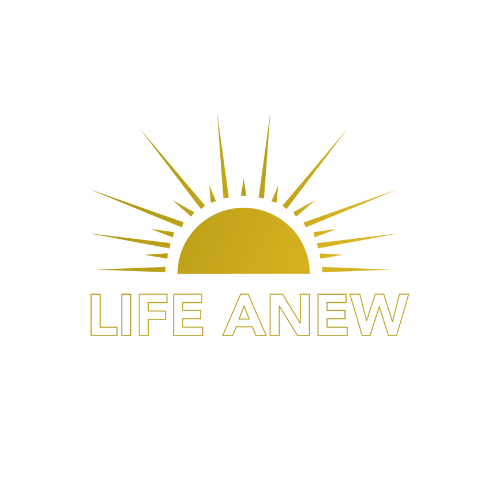The Big Picture: Recognizing the crucial link between parental and teen mental health, new insights reveal shared struggles and the reciprocal nature of their emotional wellbeing, according to CNN.
Catch Up Quickly: Men’s Mental Health Awareness Month emphasizes the pervasive stigma that discourages men from expressing mental health concerns, often seen as a weakness.
By the Numbers: Up to 20% of mothers and 15% of fathers report anxiety, while depression affects 16% of mothers and 10% of fathers. Men’s reluctance to discuss or address these issues significantly impacts family dynamics and mental health.
What We’re Hearing: Experts like Richard Weissbourd of Harvard Graduate School of Education stress the profound influence parents have on teenagers’ mental health, highlighting the necessity to care for caregivers to effectively address the teen mental health crisis.
Zoom In: The report notes a strong correlation between teens’ mental health and their parents’, with depressed teens five times more likely to have depressed parents and anxious teens three times more likely to have anxious ones.
Between the Lines: Mothers often bear a greater emotional and caregiving load, making them more susceptible to anxiety and depression, which are exacerbated by the responsibilities of both home and professional life.
Go Deeper: Discussions about mental health are becoming more open, with today’s teens often more emotionally articulate than their parents and less stigmatized about seeking mental health services.
What’s Next: Encouraging more open communication within families about mental health is crucial. Parents sharing their coping strategies and recognizing their children’s emotional intelligence can foster mutual support.
Why It Matters: Addressing mental health openly in families can prevent the internalization of negative feelings and misunderstandings about emotional expressions, improving overall family mental health.
The Bottom Line: Mental health is health. For families to thrive, both parents and teens must engage in honest discussions about their mental health challenges and support each other in seeking help and developing coping strategies.
The Life Anew Angle: Life Anew Behavioral Health can leverage these insights to tailor its services towards family-centered care, focusing on BIPOC and underrepresented communities. By promoting an environment that encourages open dialogue and mutual support among family members, Life Anew can help break down the stigmas associated with mental health. This aligns with their mission to empower families and communities, ensuring all members feel valued and supported in their mental health journeys.




